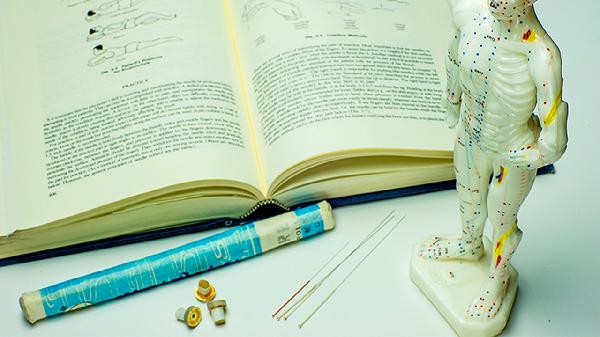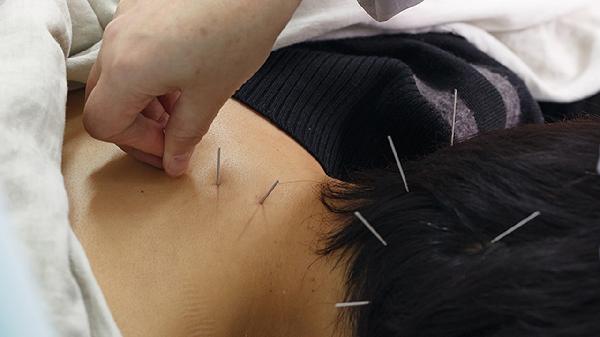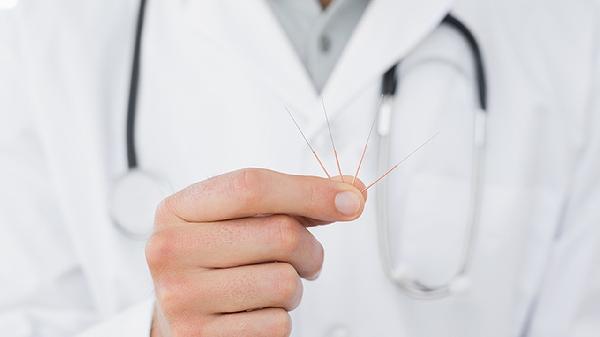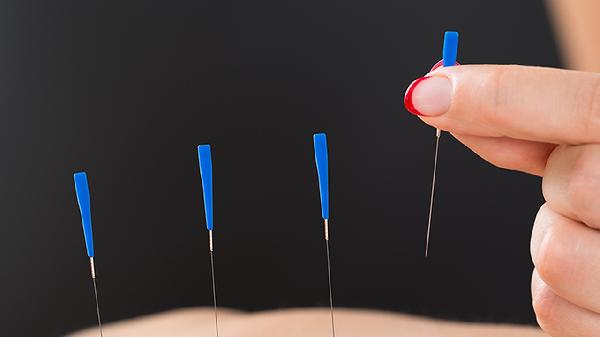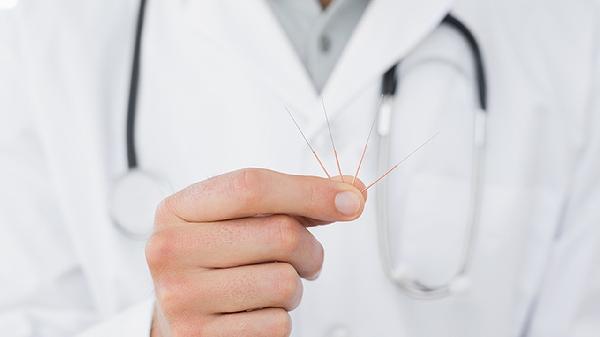If you're searching for an acupuncture clinic nearby, the process can be straightforward and rewarding with the right approach. Acupuncture, a traditional Chinese medicine practice, involves inserting thin needles into specific points on the body to alleviate pain, reduce stress, and promote overall wellness. Finding a reputable clinic nearby requires a combination of research, recommendations, and understanding your specific needs. Below, we’ll guide you through the steps to locate a trusted acupuncture clinic in your area and what to consider before making an appointment.
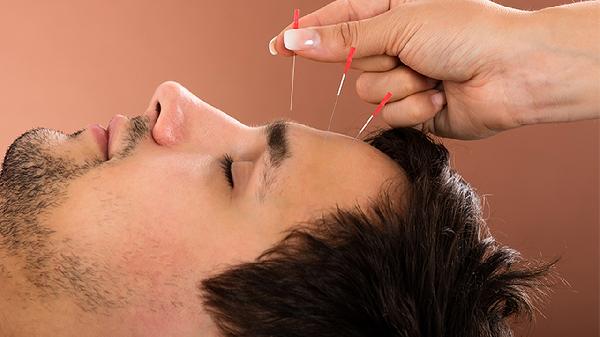
Understanding Acupuncture and Its Benefits
Acupuncture has been used for thousands of years to treat various physical and mental health conditions. It is based on the principle of balancing the body’s energy flow, known as Qi, to restore health. Modern research supports its effectiveness in managing chronic pain, migraines, anxiety, insomnia, and even digestive issues. Before seeking a clinic, it’s helpful to understand how acupuncture works and whether it aligns with your health goals. This knowledge will also help you communicate effectively with practitioners about your needs.
Starting Your Search for a Nearby Clinic
The first step in finding an acupuncture clinic nearby is to use online resources. Search engines like Google or Bing can provide a list of clinics in your area. Use specific keywords such as “acupuncture clinic near me” or “licensed acupuncturist in [your city].” Online directories like Yelp or Healthgrades can also offer reviews and ratings from previous clients, giving you insight into the quality of care provided. Additionally, check if the clinic has a professional website that details their services, practitioner credentials, and patient testimonials.
Asking for Recommendations
Word-of-mouth recommendations can be invaluable when searching for a trusted acupuncture clinic. Ask friends, family, or coworkers if they have visited an acupuncturist and if they would recommend their practitioner. Personal experiences can provide honest feedback about the clinic’s environment, practitioner’s expertise, and overall effectiveness of the treatment. If you’re already seeing a healthcare provider, such as a chiropractor or physical therapist, they may also be able to refer you to a reputable acupuncturist in your area.
Evaluating Practitioner Credentials
When choosing an acupuncture clinic, it’s essential to verify the practitioner’s credentials. In the United States, licensed acupuncturists must complete extensive training and pass national board exams. Look for practitioners who are licensed by the National Certification Commission for Acupuncture and Oriental Medicine (NCCAOM) or hold state-specific licenses. Additionally, consider their experience and specialization. For example, if you’re seeking acupuncture for pain management, choose a practitioner with expertise in that area.
Considering Clinic Environment and Services
The environment of the acupuncture clinic plays a significant role in your overall experience. Visit the clinic beforehand, if possible, to assess its cleanliness, ambiance, and professionalism. A welcoming and calming atmosphere can enhance the effectiveness of your treatment. Additionally, inquire about the range of services offered. Some clinics may provide complementary therapies such as cupping, herbal medicine, or massage, which can be beneficial depending on your needs.
Checking Insurance Coverage and Costs
Acupuncture treatments can vary in cost depending on the clinic and location. Before making an appointment, check if your health insurance covers acupuncture. Many insurance plans now include alternative therapies, but coverage may vary. If your insurance doesn’t cover acupuncture, ask the clinic about payment plans or discounts for multiple sessions. Understanding the financial aspect upfront will help you plan your treatments without stress.
Scheduling a Consultation
Once you’ve narrowed down your options, schedule a consultation with the acupuncturist. This initial meeting allows you to discuss your health concerns, treatment goals, and any questions you may have. A skilled practitioner will take the time to understand your needs and explain their approach to treatment. Use this opportunity to gauge their communication style and whether you feel comfortable with them.
Preparing for Your First Appointment
Before your first acupuncture session, there are a few steps you can take to ensure a positive experience. Wear loose, comfortable clothing to allow easy access to acupuncture points. Avoid heavy meals or caffeine beforehand, as they can interfere with the treatment. Be prepared to provide a detailed medical history, including any medications or supplements you’re taking. This information will help the acupuncturist tailor the treatment to your specific needs.
What to Expect During Treatment
During an acupuncture session, the practitioner will insert thin, sterile needles into specific points on your body. The process is generally painless, though you may feel a slight tingling or warmth. Sessions typically last between 30 to 60 minutes, depending on your treatment plan. Many people find acupuncture to be deeply relaxing and may even fall asleep during the session. Afterward, you may feel a sense of calm and improved energy levels.
Monitoring Your Progress
Acupuncture often requires multiple sessions to achieve optimal results. Keep track of your symptoms and how you feel after each treatment. Communicate openly with your acupuncturist about any changes or concerns. They may adjust the treatment plan based on your progress. Patience and consistency are key to experiencing the full benefits of acupuncture.
Exploring Additional Wellness Practices
In addition to acupuncture, consider incorporating other wellness practices into your routine. Techniques such as yoga, meditation, or tai chi can complement acupuncture by promoting relaxation and balance. A healthy diet and regular exercise also play a crucial role in maintaining overall well-being. Discuss these options with your acupuncturist to create a holistic approach to your health.
Final Thoughts
Finding a nearby acupuncture clinic is a step toward prioritizing your health and well-being. By researching clinics, verifying credentials, and understanding your needs, you can make an informed decision. Remember that acupuncture is a collaborative process, and building a trusting relationship with your practitioner is essential. Whether you’re seeking relief from pain, stress, or other health concerns, acupuncture can be a valuable tool on your wellness journey. Take the time to find a clinic that aligns with your goals and supports your path to better health.
